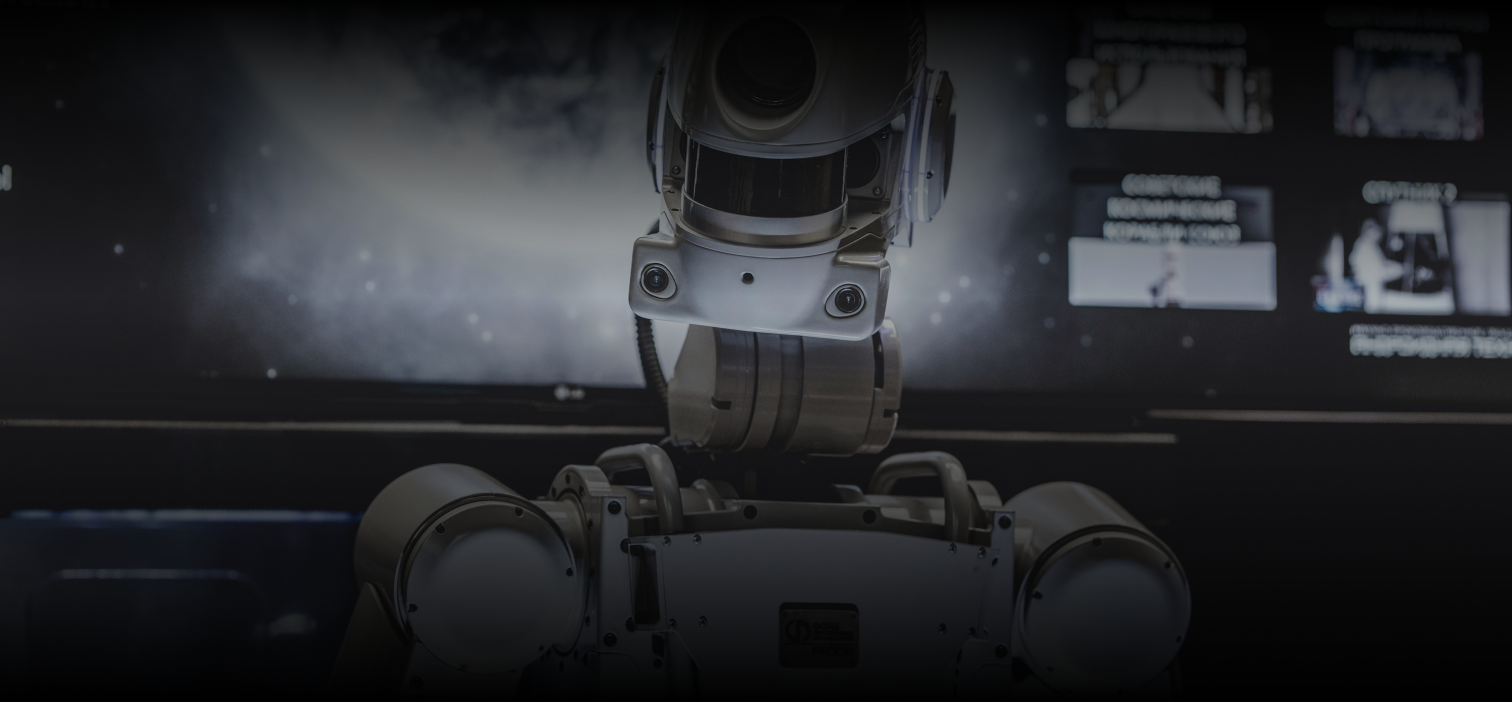
Robotic Process Automation
Delivery Approach
Many organizations after a successful pilot struggle to define a path forward to a successful ramp-up of their automation program: a preparation phase is needed.
Phases of an RPA program
Phase 1
A Successful Pilot
Phase 2
Roll-out Preparation
Phase 3
Full Rollout-Industrialization
Phases of an RPA program

Phase 1
A Successful Pilot
- Few Processes Automated
- Early Time Savings Achieved
- IT Environment Understood
- Small Group Of RPA Specialists Trained
- Issues Specific To The Organization Discovered
- Technology Fully Tested
Skills
Process Subject Matter Expert
This Is A Process Expert That Will Provide Her Input In Step 1 To 3
RPA Scrum Master
This Is In Effect An Automation Project Manager Using The Agile Approach
RPA Process Analyst
Her Role Consists Of Understanding In Detail The Process And Business Requirement And Propose A New Process Design Suitable To Automation
RPA Solution Architect
Works Hand In Hand With Business Analysts And Developers To Ensure Solidity Of Design And Development Work
RPA Developer
Develops The Automation Based On User Stories, Participates Also In UAT And Hyper Care
RPA Controller
Monitors And Optimizes Robot's Performance, Performs Root-Cause Problem Analysis
IT Security Specialist
Interfaces With IT Organization And Ensures That All IT Security Best Practices Are Followed
IT Infrastructure Specialist
Interface with IT organization to ensure that IT infrastructure is ready and compatible for robots'deployment and maintenance








